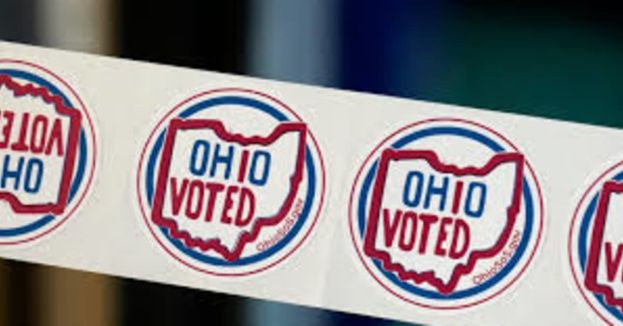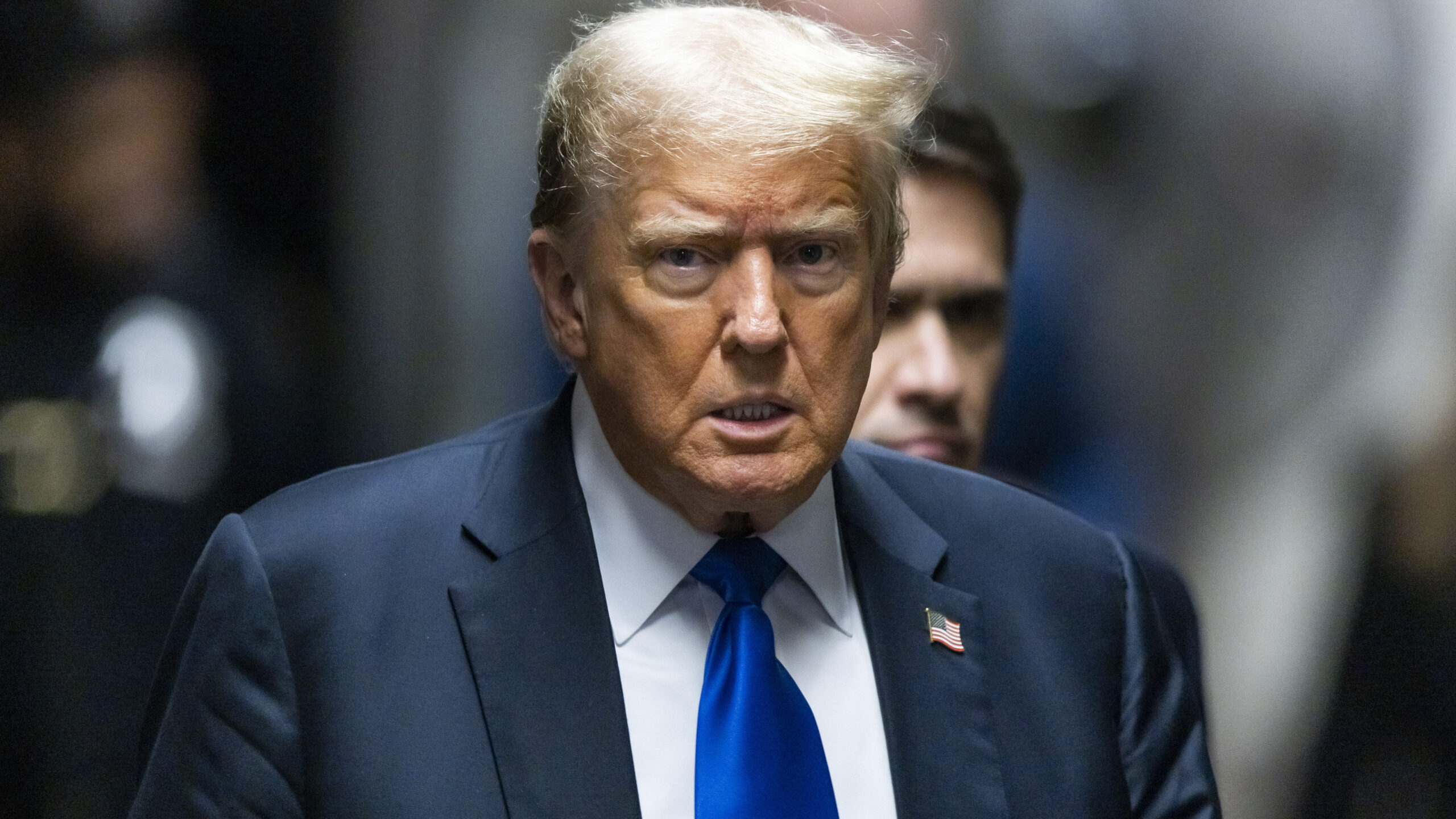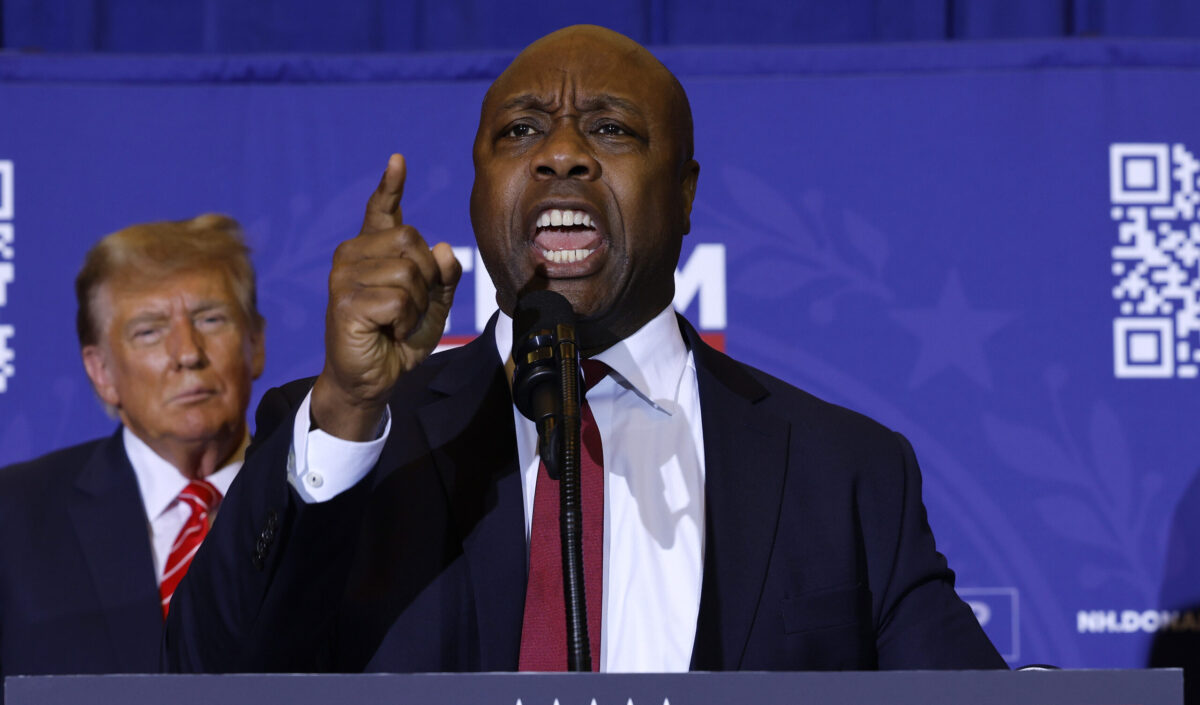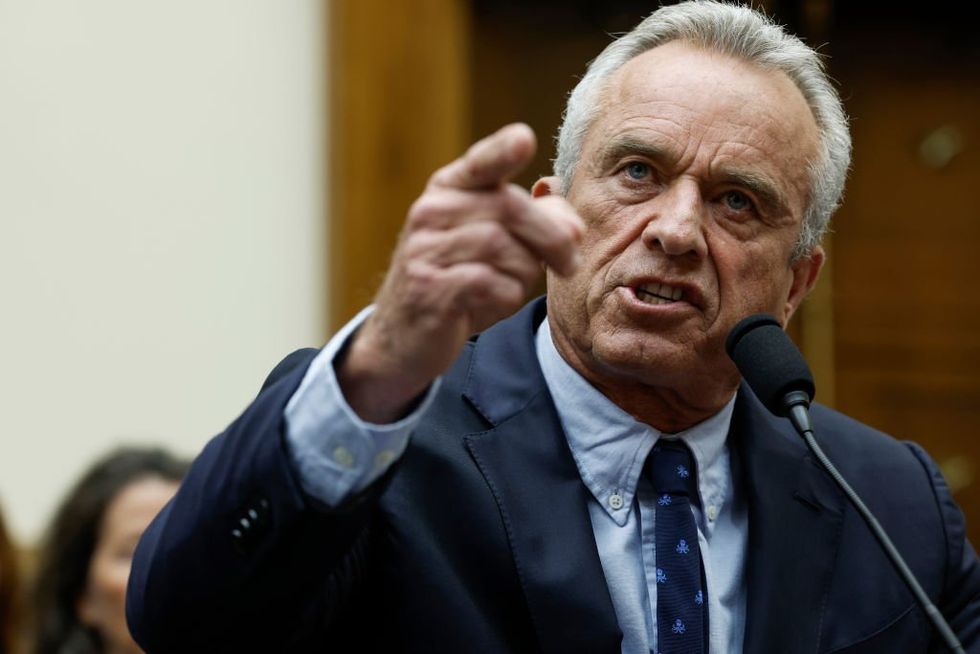
www.newsbusters.org
Ebullient ABC Celebrates ‘Incredible’ Guilty Verdict of Trump, ‘Cheers Inside’ Biden HQ
Not surprisingly, Disney-owned ABC went gaga Thursday over former President Trump being found guilty on all 34 counts brought by far-left Manhattan D.A. Alvin Bragg relating to the 2016 election, basking in the “incredible verdict” from New Yorkers that they claim had not only “broken” Trump in spirit, but will cause “a significant percentage” of voters to not vote for Trump. In tern, they argued, this could help President Biden — whose campaign broke out in literal “cheers” — secure a second term.
Correspondent Aaron Katersky covered the trial from the beginning and was given the first reaction after World News Tonight anchor David Muir finished relaying the verdict:
An incredible verdict on this day in May — late May, the former president of the United States convicted as charged — 34 counts of falsifying business records. And David, as the crowd outside of this courthouse found out, a big cheer went up from opponents of the former President who had been massing in the park across the street from the courthouse. Just a — a whooping cheer, and they continue to make a lot of noise.
Three-time bestselling anti-Trump author and longtime correspondent Jonathan Karl opened the doors to what would be a common theme on the ABC News Special Report, which was polling indicates this will be fatal for Trump’s chances.
“Donald Trump is now a convicted felon. Will that affect how voters will view him? And we have seen, David, a lot of polling, including one of our ABC News polls just in the past month, that suggests that upwards of 20 percent of people who have said that they plan to vote for Donald Trump...would reconsider...if he were...convicted of a felony,” he boasted.
Muir concurred and acknowledged “some political pundits will say this was sort of baked in,” but spent the next few moments implicitly arguing this will matter given “how tight the race is” which “will be decided at the margins.”
ABC’s coverage wouldn’t have been complete without chief White House correspondent and chief Biden apple polisher Mary Bruce, who delivered with the revelation that “there were cheers inside the Biden headquarters in Wilmington as the verdict was read” and “these guilty verdicts are a political gift to Democrats, a political gift to the President” to be “running against a convicted felon.”
Hilariously, Bruce tried to cover for her friends by also claiming no one should “expect the President to completely upend his campaign messaging because of this,” and they don’t “want to be overly celebratory and feed into that narrative that this was somehow a witch hunt concocted by President Biden” when he’s “been adamant that he had nothing to do with this.”
A few minutes after Muir reiterated Team Trump has to be at least “wondering” if they’ve now lost “independent voters and those who are on the fence,” he tag-teamed with executive editorial producer John Santucci to toast to how “a born and bred New Yorker...who enjoyed significant success here” has been “broken by New York” (click “expand”):
MUIR: And we also know that Donald Trump, was a born and bred New Yorker. His father had a very successful real estate business here, a branding empire between father and son. Donald Trump enjoyed many, many years sort of being at the top in New York City and to be in this SUV now, guided by the Secret Service, back up to Trump Tower after being found guilty on 34 felony counts, even though he says it’s political, expresses disgust for what played out here in New York City today, this is a man who called himself a New Yorker for decades and who enjoyed significant success here.
SANTUCCI: It’s a unbelievable story. A guy that was made by New York was just in some ways, you could argue, broken by New York and think about it, right? You talk about Donald Trump’s father, Fred Trump. Fred Trump succeeded in business. For those that know the New York area outside of Manhattan, he succeeded in Queens and Brooklyn. Donald Trump wanted to outdo his father. It was breaking into Manhattan, crossing over the bridge to the island of Manhattan. That was Donald Trump’s goal. Donald Trump told voters in 2015 and ‘16 that I live in the most famous address ever, the most prized possession on fifth avenue. He loved living in New York, being a part of New York, you know, even in the last couple of days, David, I had heard from many senior aides and longtime friends to Donald Trump that he actually liked being in Trump Tower the last couple of weeks. Keep in mind, David, that was his residence for decades. He took such great pride and joy in it. I mean, many people have told this story. I experienced it myself the first time I went into Trump Tower, that Donald Trump loved to show off the view. You look at the Plaza Hotel. Look at Central Park. This was Donald Trump’s pride and joy as a New Yorker. And to think that this is a city that he really spent his life trying to be a part of breaking into — you know, as we’re watching this helicopter follow his motorcade, I’m reminded of a video in our ABC archives of Barbara Walters with Donald Trump talking about how he wanted to make the New York skyline different, put his impact on it. He’s driving along right now, David, you got to imagine looking in part out the window, looking at the city that he had a big part of in some ways for many, many years. And this is a city now, David, that has left a very different impression on Donald Trump and I mentioned earlier, but just think about it, right. You know, we all grow up, we all move away from home. Life brings us in different places. But Donald Trump left New York because at first because of a new job that he became president. But then left in protest because of these cases, because of these prosecutors that he said were out to get him, his children followed. His entire being in New York is no longer there. It’s such a different life. As one person said to me when this case got started, think of everything Donald Trump had in 2015 before his foot stepped on the escalator. It’s a lot of a different life now.
MUIR: It certainly is a new chapter for Donald Trump in New York City, a city that made him and as John said moments ago, today, a city that has profoundly impacted — where things go from here, though, whether or not this affects the outcome in November, certainly is an open ended question.
Muir made sure to beat this dead horse with far-left congressional correspondent Rachel Scott, who was more than happy to oblige Muir’s focus on the May 5 ABC/Ipsos poll in which “20 percent of Donald Trump’s supporters said they would reconsider or withdraw their support for him if he were convicted in the New York case.”
In turn, he argued, the Trump team has “got to be concerned about the potential if these numbers hold, because 20 percent of supporters who might reconsider changing their who they would vote for could be just enough to make the difference”.
Scott agreed this will be a “big concern” and cited “advisers in the Trump campaign, allies of the former President, who have simply just been concerned about the image of having the former President, a presumptive Republican nominee, inside of the courtroom.”
Muir worked in one last boast about how this would sway the election before resetting for World News Tonight in the East and Central time zones, hyping there will be “a question moving forward in the polling...whether or not certain voters in this country can stomach, if you will, voting for a convicted felon.”
Amidst all the revelry, chief legal analyst and NewsNation host Dan Abrams provided a reality check, such as this instance when Muir voiced the left’s ultimate dream of jailing Trump (click “expand”):
MUIR: [V]iewers at home are going to ask immediately, what does this mean? Could the former President be sentenced to potential time behind bars? We — we know there is the potential for that, though extremely unlikely for a first time offender, correct?
ABRAMS: I think it is unlikely. This is the lowest level felony in the state of New York. We talk about misdemeanors versus felonies, but there’s also different levels of felony. This is a class E felony, the lowest kind. Donald Trump has never been convicted of a crime before. I think as a result, it is unlikely, not impossible, that he would be sentenced to prison time in connection with this case. There are other options, right? There is probation. I — I think the other potential option could be home confinement. Can you imagine that? And in an effort, if it were to happen before the election, someone who wants to be out on the campaign trail again, I think any serving of a sentence, though, very unlikely to happen before the election, a number of things will happen first. First, he’ll do an interview with the probation department. That is typical in any case. You have a meeting where you talk to a — because he’s going to have to have this meeting with the probation officer because the probation department then recommends what sentence they think the person ought to get. And then number two is a sentencing happened weeks, months ahead. There’s going to be appeals in this case, etc., so I think that the actual serving of the sentence, whatever it is, is probably some time away.
MUIR: Some time away, Judge Juan Merchan will take into account whatever the probation officer suggests after this meeting that you say will take place, regardless of whether you’re sitting across from somebody, you know, who does what you and I do, or somebody who works in sort of any sector here in New York City and beyond. But this is the former president of the United States who will also have to sit across from this probation officer. How soon would we then hear from Judge Juan Merchan what the sentence will be?
ABRAMS: So I think that we’re going to see when the sentencing date is set, right.
To see the relevant ABC transcript from May 30, click here.
















